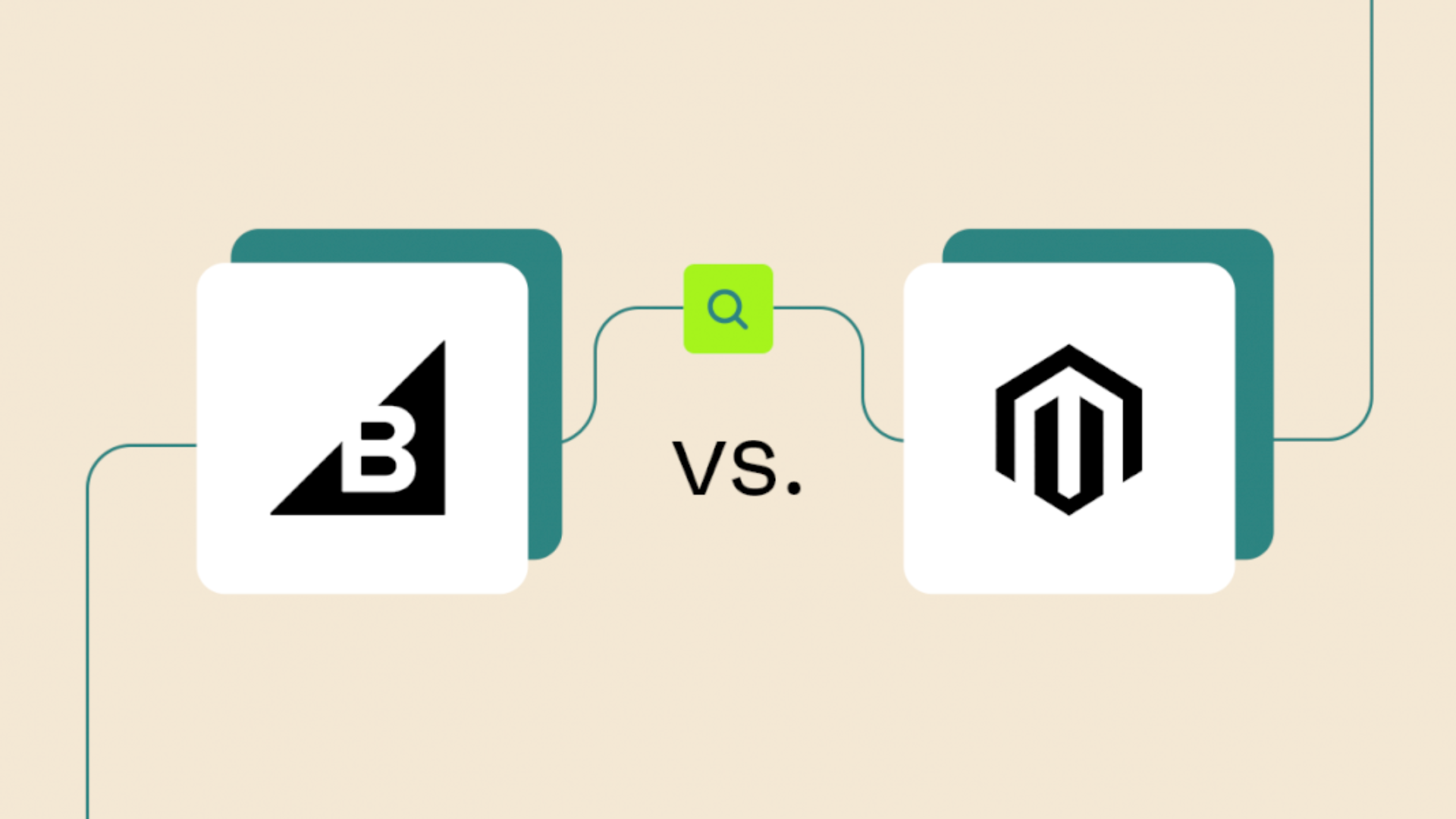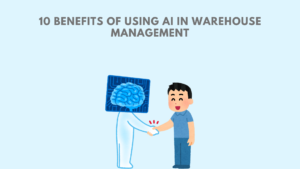BigCommerce and Magento (now Adobe Commerce) are two leading platforms, each with its own set of strengths and weaknesses. This blog will delve into the pros and cons of both platforms to help you make an informed decision.
BigCommerce
BigCommerce is a popular SaaS (Software as a Service) eCommerce platform known for its user-friendliness and robust feature set. Here are the main pros and cons:
Pros
- Ease of Use: BigCommerce offers a user-friendly interface that is ideal for non-technical users. The platform is designed to be intuitive, allowing business owners to set up and manage their online stores with minimal hassle.
- Comprehensive Features: BigCommerce provides a wide range of built-in features, including SEO tools, multi-channel selling, and advanced marketing options. This reduces the need for third-party integrations and additional costs.
- Scalability: The platform is highly scalable, making it suitable for businesses of all sizes. Whether you’re a small business or a large enterprise, BigCommerce can accommodate your needs as you grow.
- Security: As a hosted solution, BigCommerce handles security and maintenance, ensuring that your store is always secure and up to date with the latest patches and features.
- Support: BigCommerce offers 24/7 customer support, including live chat, phone support, and a comprehensive knowledge base, which can be incredibly helpful for troubleshooting and guidance.
Cons
- Limited Customization: While BigCommerce offers a range of customizable templates, it doesn’t provide the same level of customization as open-source platforms like Magento. This can be limiting for businesses with unique or complex requirements.
- Cost: Although BigCommerce’s pricing is straightforward, it can become expensive as your business scales, especially if you require higher-tier plans for advanced features and functionalities.
- App Ecosystem: BigCommerce’s app marketplace, while robust, is not as extensive as Magento’s. This can be a drawback if you need very specific third-party integrations.
Magento (Adobe Commerce)
Magento, now rebranded as Adobe Commerce, is a powerful open-source eCommerce platform known for its flexibility and extensive customization options. Here are the main pros and cons:
Pros
- Customization: Magento offers unparalleled customization capabilities. With access to the source code, developers can tailor the platform to meet specific business requirements, creating unique and highly specialized eCommerce solutions.
- Feature-Rich: Magento comes with a comprehensive set of features out of the box, including advanced product management, SEO tools, and marketing options. Additionally, its large marketplace offers thousands of extensions and plugins to enhance functionality.
- Scalability: Magento is highly scalable and can handle large product catalogs and high traffic volumes. This makes it an ideal choice for businesses planning for significant growth or already operating at scale.
- Community and Enterprise Editions: Magento offers both a free Community Edition and a paid Enterprise Edition (Adobe Commerce), catering to a wide range of businesses from small startups to large enterprises.
- Multi-Store Management: Magento allows for the management of multiple stores from a single backend, making it efficient for businesses operating various brands or international stores.
Cons
- Complexity: Magento has a steep learning curve and often requires technical expertise to set up, manage, and customize. This can be a barrier for smaller businesses or those without dedicated development resources.
- Cost: While the Community Edition is free, the Enterprise Edition (Adobe Commerce) can be expensive. Additionally, the costs of hosting, development, and maintenance can add up, making Magento a significant investment.
- Hosting and Security: Unlike BigCommerce, Magento requires self-hosting or third-party hosting, which means you’ll need to manage security, updates, and server maintenance. This adds an extra layer of responsibility and potential costs.
- Performance: Magento can be resource-intensive and may require optimized hosting solutions to ensure fast load times and performance. Poorly managed hosting can lead to slow site speeds, negatively impacting user experience and SEO.
Conclusion
Choosing between BigCommerce and Magento (Adobe Commerce) depends largely on your business needs, technical expertise, and budget. BigCommerce is an excellent choice for businesses seeking an easy-to-use, fully hosted solution with robust features and strong support. It’s ideal for those who prefer a hands-off approach to technical management.
On the other hand, Magento (Adobe Commerce) is perfect for businesses that require extensive customization, scalability, and have the resources to manage a more complex platform. It offers greater flexibility and a vast array of features and integrations, making it suitable for larger enterprises or businesses with unique eCommerce needs.
Ultimately, both platforms have their strengths and can support the growth of your online business. Assess your specific requirements, resources, and long-term goals to determine which platform aligns best with your vision.









